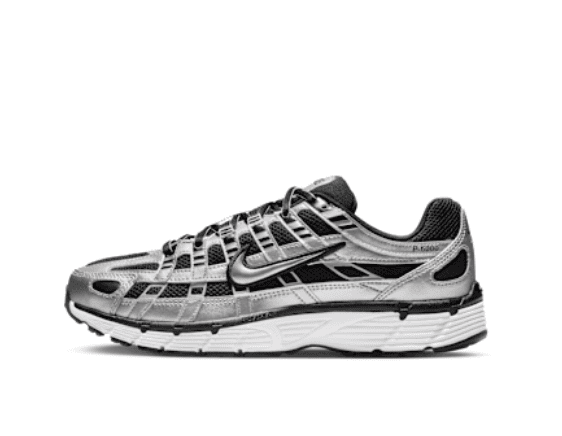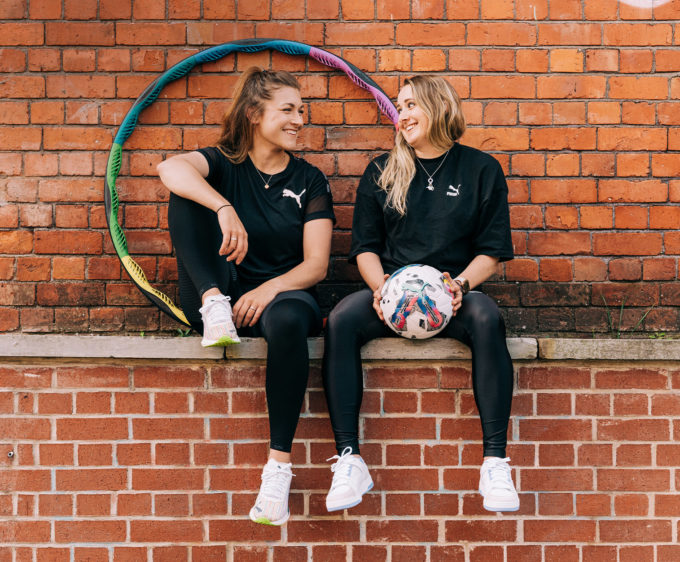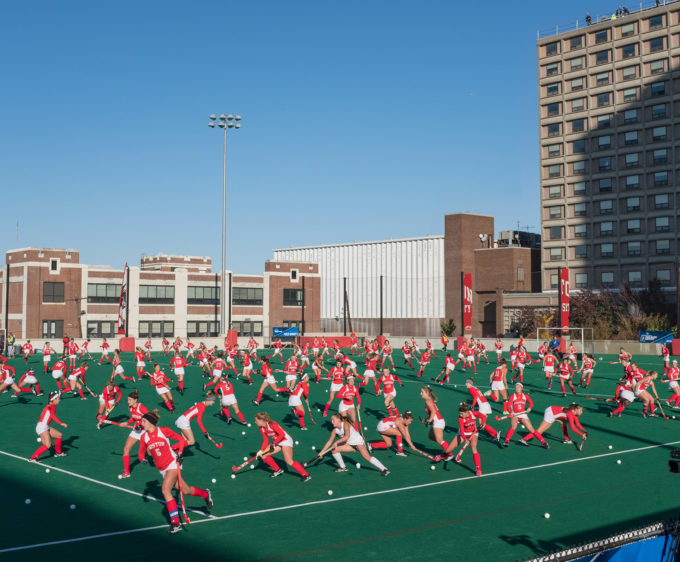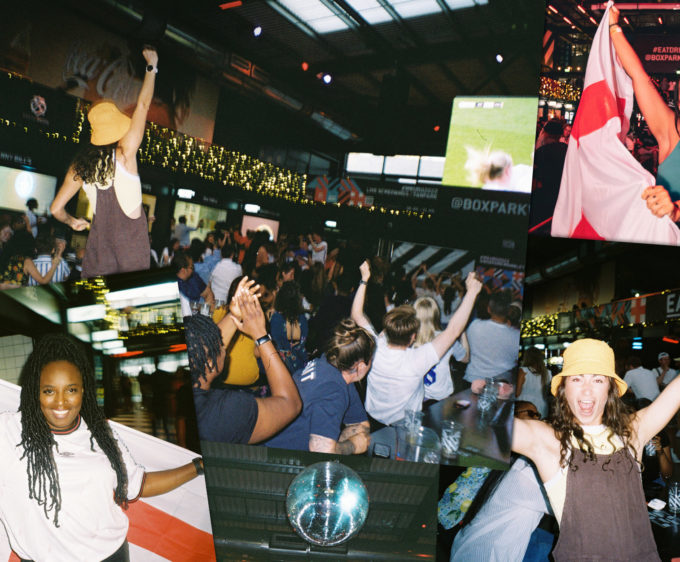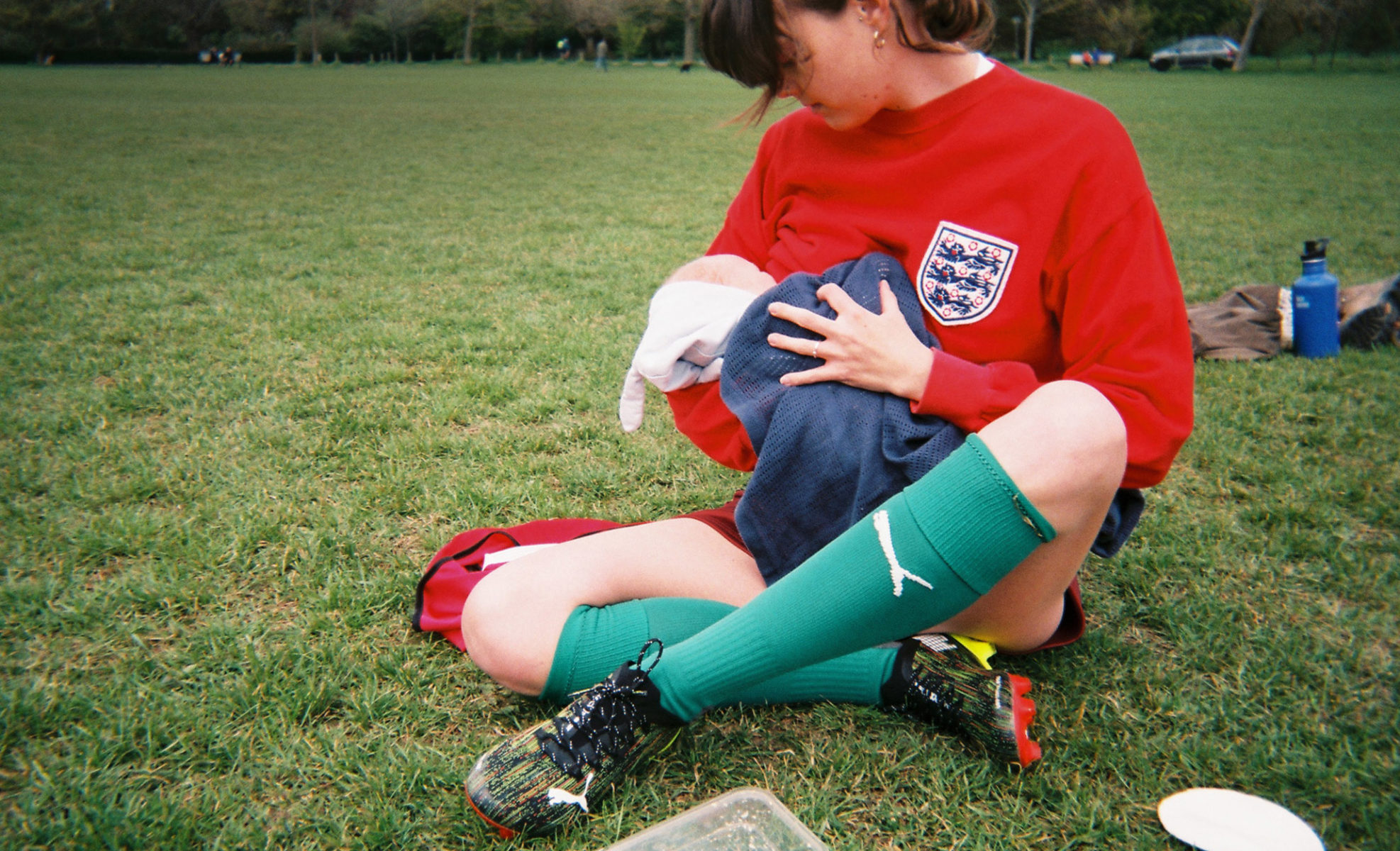
Female Footballers Kick Back
“Football means a lot of different things to a lot of different people. But it always means something.” Glorious meets Goal Click, the organisation championing female storytellers and connecting the world through the power of football
By Eleanor Lee
When it comes to football, we can often get wrapped up in the superstardom of the elite. We’re fed stories of the glitz, the glam and the football famous – obsess too much over these and you could miss the real beauty of the beautiful game. Goal Click is on a mission to uncover that reality and showcase the nuances of global football by giving people all over the world a chance to capture the game through their own eyes.
Founded in 2014 by Matthew Barrett and Ed Jones, Goal Click started as a global quest to tell the story of world football from as many communities as possible. They began sending out disposable cameras to people from across the world to capture their own experience of the game. “The aim of Goal Click has always been to tell stories that help people understand the world and each other through the common global language of football,” Matt explains. “Our storytellers are incredibly diverse – not only different nationalities but male and female, young and old; from players and coaches to fans and journalists, from the grassroots to the professional game.”

“A unique element of Goal Click is the focus on a ‘first-person perspective’, giving people the chance to capture their own story and show what football means to them. Rather than an ‘outsider’ coming in to tell their stories, we focus on the ‘insider’ view, by giving people the power, control, and freedom to create and tell their own story.” The first Goal Click camera was returned by Pastor Abraham Bangura from Sierra Leone, who had photographed the Single Leg Amputee Sports Association – the national amputee football team – in Freetown. The photographs, which proudly remain on the Goal Click website today, demonstrated the significance of football to this specific community and signalled the start of something special.
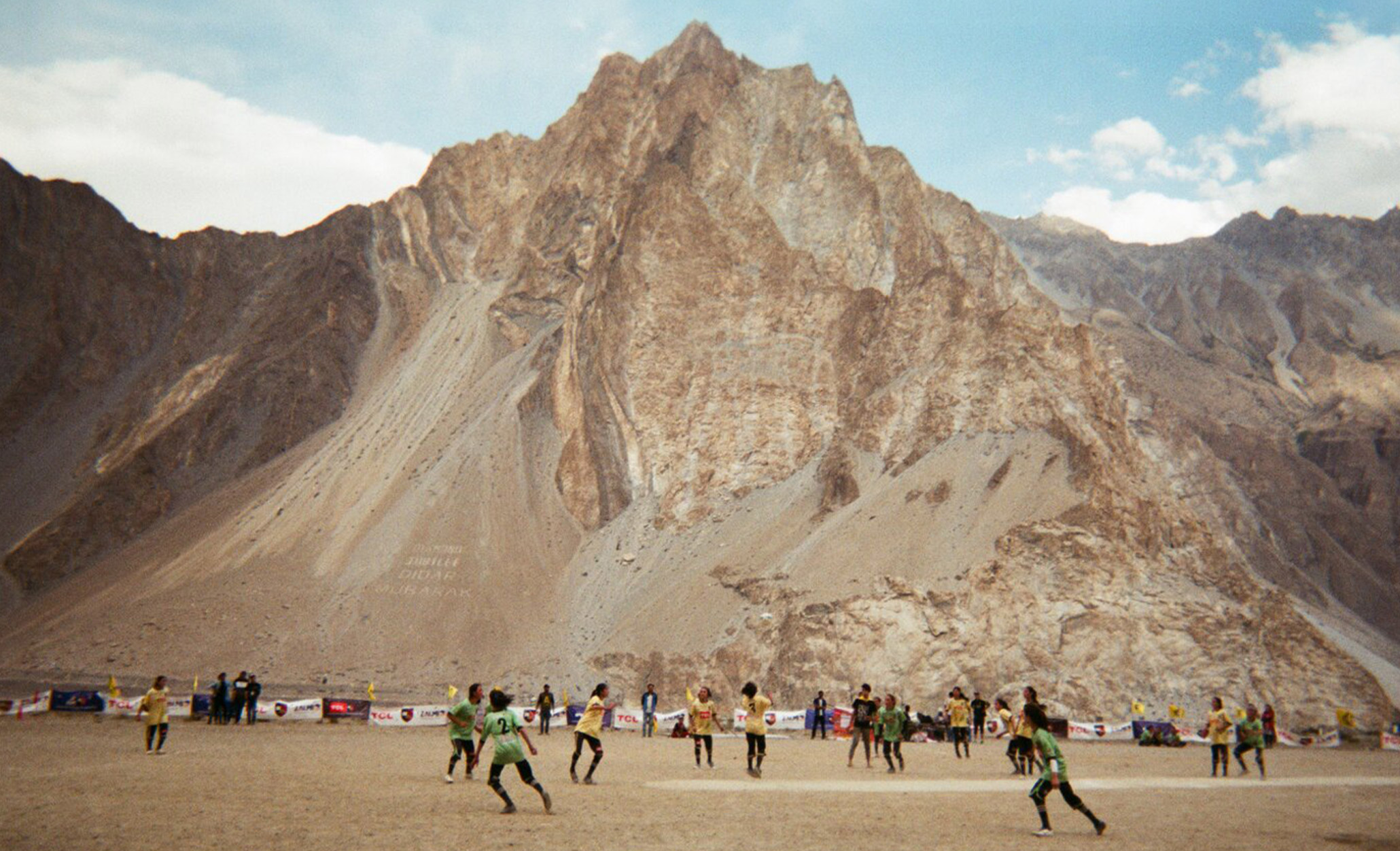
opportunity
Since that first story in 2014, Goal Click has used the power of storytelling to work with several global charities and organisations. “The ongoing Goal Click Refugees series [in partnership with UNHCR] collaborates with refugees, asylum seekers and internally displaced people around the world to document their stories through their experiences with football in refugee camps, new host communities, or as professional players,” explains Matt. “Most people do not realise that there are 80 million displaced people around the world. And contrary to common narratives around refugees, most of these people are hosted by countries in Africa and the Middle East, not Europe or North America. This is a really important point we wanted to make. And when was the last time most people heard a personal story directly from a refugee?”
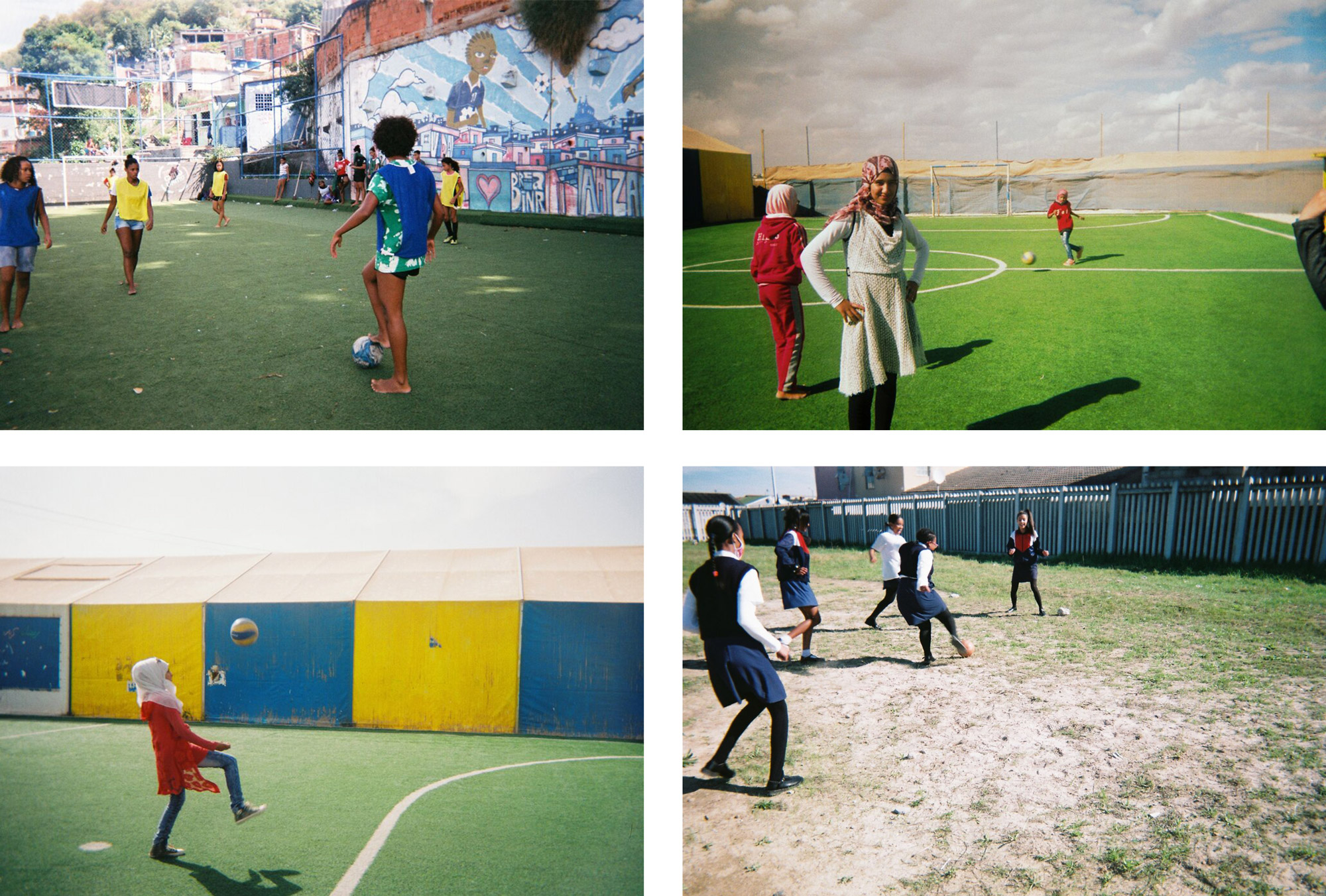
Matt explains how Goal Click champion their diverse range of storytellers. With people from individual walks of life helping to tell stories from all four corners of the globe, different perspectives are brought to wider attention. “Football allows people to understand issues, people, and cultures in a way that would not otherwise be possible. In fact, they may not have been interested otherwise or treat them as a priority.”
What’s been clear from the start is the value that Goal Click hold on female-first storytelling. Too often women’s football is a second thought in the world of the elite, but as Goal Click work to showcase the untold stories of global football, female stories are amplified further. From professional players to young girls in grassroots, the gendered split of Goal Click storytellers teeters more towards the female side.
“In every country in the world, at every level of the game, it is harder for women and girls to participate in football – in terms of access, opportunities, and cultural resistance within communities. Of course, there can also be barriers to men playing, but gender inequality in football is universal,” he explains. “Ever since our second camera from a girls’ football team in Mumbai, the majority of our stories have come from a female perspective. To be honest, the stories are often simply more interesting due to the number of barriers that they have faced.” One of those storytellers is Sumaira Inayat from Pakistan. Sumaira co-founded the Gilgit-Baltistan Girls Football League – the first-ever league for girls in Northern Pakistan. “We started the league to give a platform to the underprivileged girls to come forward to showcase their hidden talents,” writes Sumaira in her story for Goal Click. “We see great players being produced and hope and wish that the platform becomes a stepping stone, not only for the girls of Gilgit-Baltistan but the whole of Pakistan.”
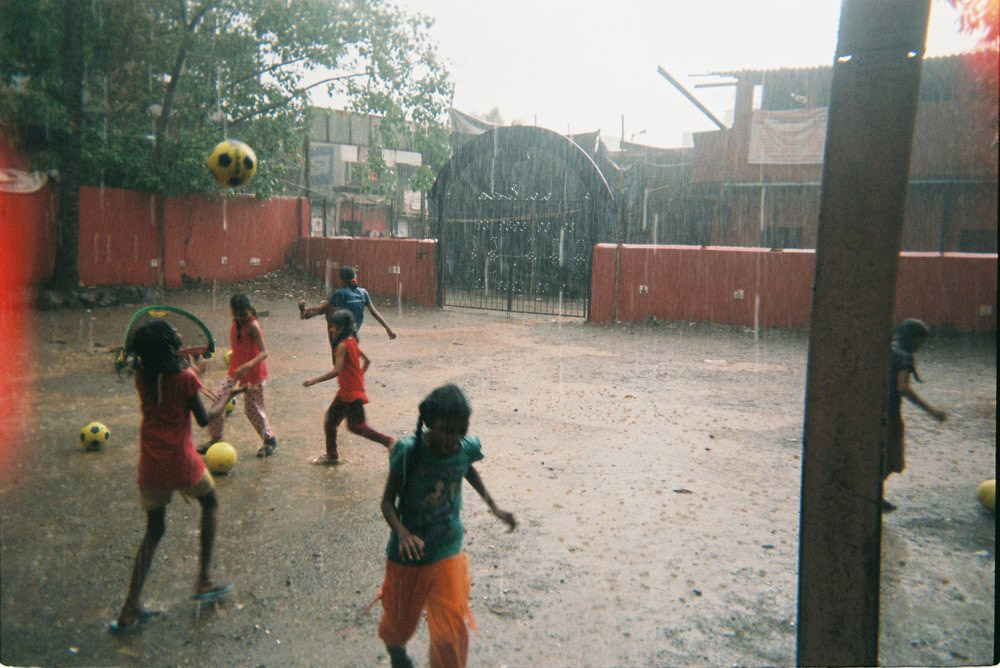
Without the platform that Goal Click has built, these stories would remain unknown to the wider world. When looking at the state of women’s football through an elite, westernised lens, you’d be forgiven for thinking that barriers are – slowly but surely – being broken. Goal Click’s global storytellers demonstrate that we still have a long way to go before women across the world benefit from an equal playing field. “Despite not even having one proper football ground available in the entire region, these women have defeated all the odds,” writes 18-year-old Sumaira about the players in her league. “Our country has not been the best compared to other countries and the negligence by our administration makes it difficult to convince parents to keep supporting them. They wish to become professional athletes and coaches. They’re born talented and a little support from their families and our government would do wonders,” she explains.
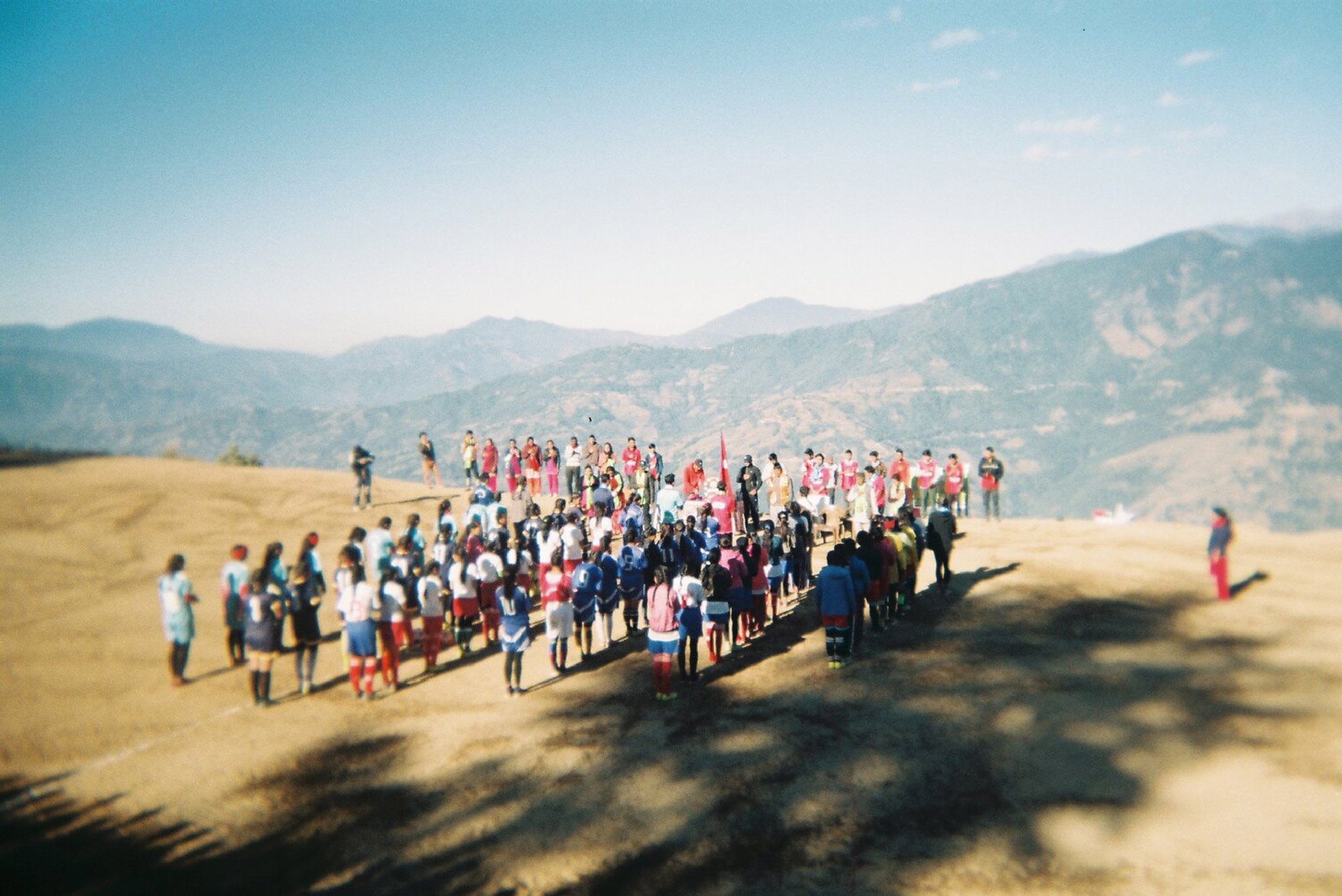
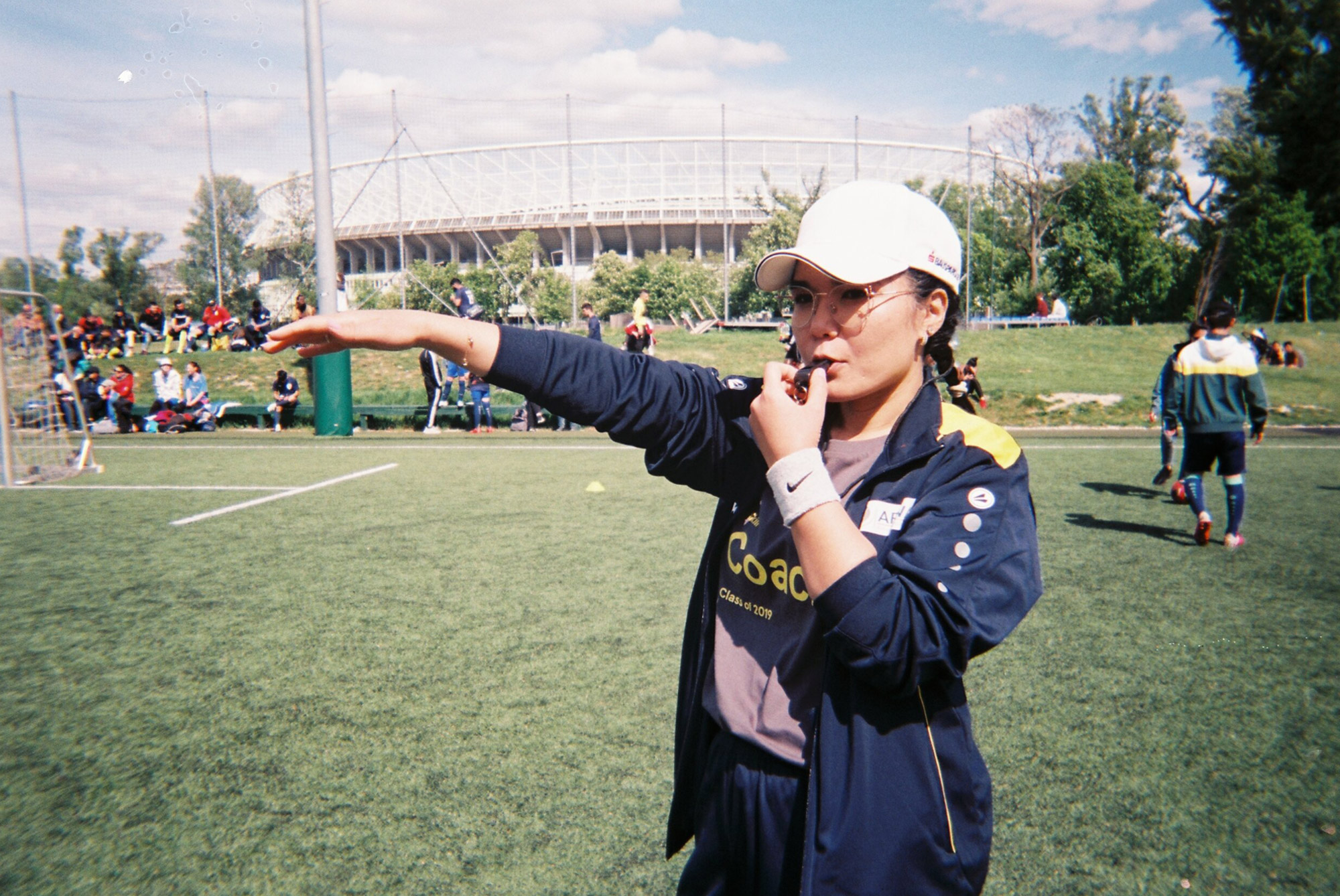
Evident through all of Goal Click’s female stories is the determination to continue fighting for opportunity and equality, no matter what circumstance the storyteller finds themselves in. As Sumaira says, “This is what I learned from the girls in our league: if you are determined to do something no matter how difficult the challenges you face, you will always succeed.”
And when it comes to determination, the UNHCR Goal Click Refugees series in particular features incredible stories, told by female refugees from across the world. “Their stories of breaking down barriers and overcoming resistance from their families and community to them playing football are very inspiring. We are constantly amazed by their resilience and courage to play,” explains Matt. Twenty-year-old Khadija moved from her home country of Afghanistan to Austria in 2015. Having never taken an interest in football before, she began playing with Kicken ohne Grenzen, an organisation that enables young people from disadvantaged communities to take part in free training.
“At first we played with the men; some of the guys were still saying that we should stay at home. Football doesn’t belong to men alone – it’s not a man thing. We can play it too if we want,” she writes alongside her photographs on the Goal Click website.
“A week later, they apologised. That was a good thing. Women can also play football well; it is just that men have been playing it for longer. I never thought about playing football in Afghanistan and Iran. When I was there, I also still believed that it was a man thing.”
As Goal Click offer a platform to more women from around the world, we begin to discover just how crucial a part football can play in their lives. From education to empowerment to basic safety, Goal Click is proving that football is a mechanism for change and offers hope to those who need it most. “I ask myself how my life would look like if as a kid I had known about gender equality and we would have played together with boys,” writes Khadija. “Maybe life wouldn’t be so complicated, and men and women would be equally accepted. Maybe men wouldn’t laugh at me when I talk with them about football. I’m dreaming of a world like that.”
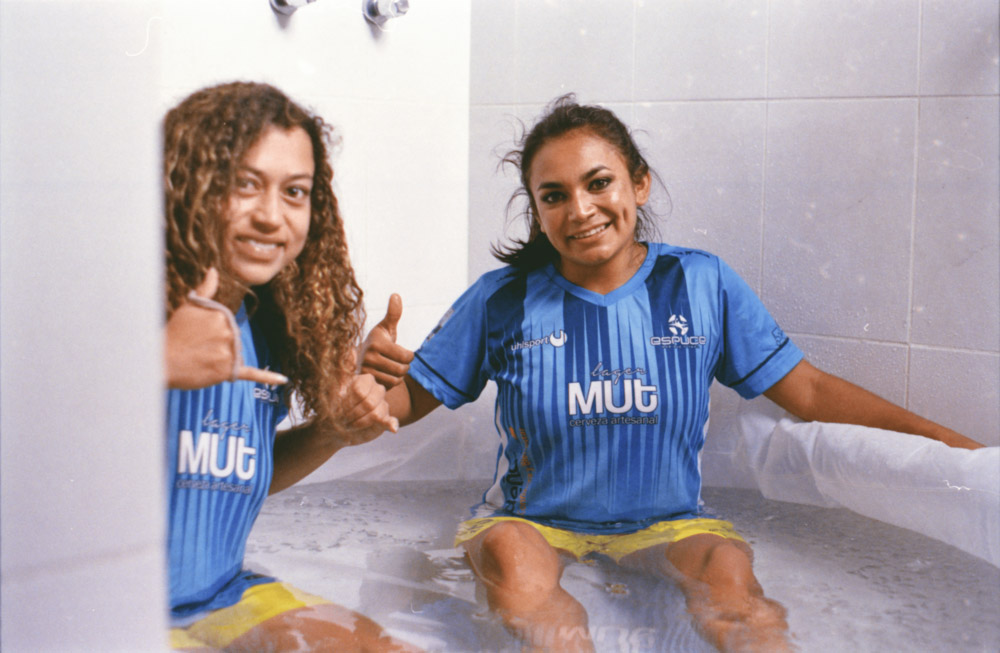
Goal Click help to tell stories from nations that are unknown on the global football map and also amplifies the voices of storytellers from some of the most famous footballing nations in the world. We often think of Brazil as one of those, but Goal Click storyteller Ana Clara Ferreira used her story to set the record straight about women’s football in her home country, highlighting the stark disparities that she, and so many other girls, face. “Despite Brazil being the home of football, there is still a lot of inequality and discrimination in women’s football. I think this ends up discouraging many athletes,” writes Ana for Goal Click.

“In Brazil, men’s football has a lot of future prospects and investment, it is targeted by teams and people from other countries. Women’s football is still on the way to becoming a valued sport with less prejudice. My message to those who think football is just for boys is to support women’s football more. We are not fighting or saying who is better or who is bigger, we just ask you to support this love that we feel and want to play the same way.” Ana is fighting for the right to play equally every single day – an issue so easily forgotten when we see Marta and Formiga leading the way for women’s football. The stark reality is that there are millions of women and girls across the world who see their experiences mirrored within Ana, Khadija and Sumaira’s stories and without the Goal Click platform, these are stories at huge risk of being left behind.
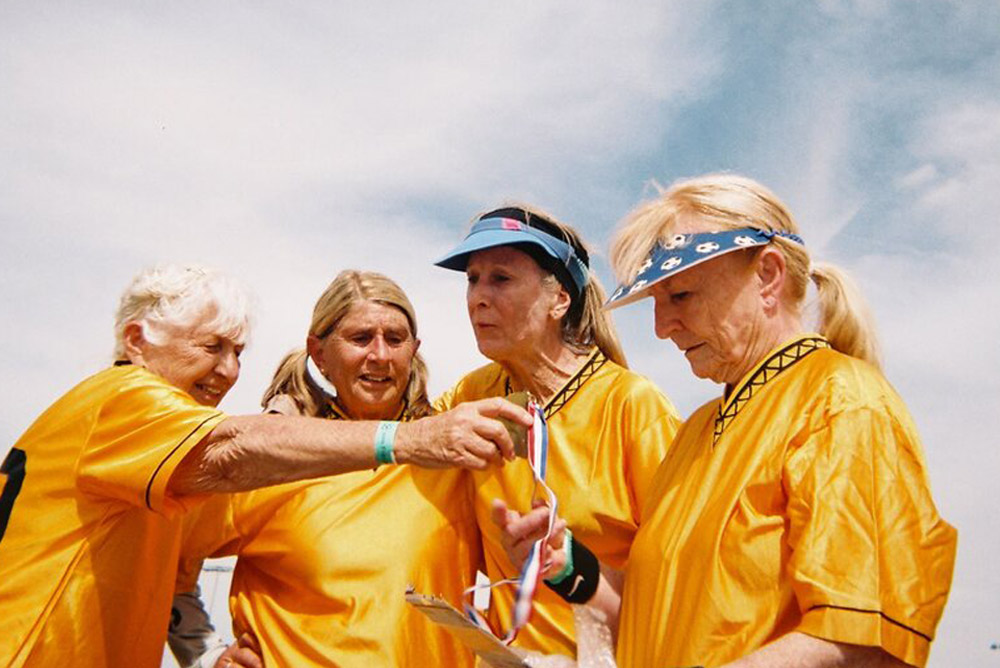
On the surface, Goal Click is a simple football storytelling platform, but dig a bit deeper and you’ll uncover a more raw reality. This is a platform for perspectives that are mostly unheard and silenced, where storytellers are celebrated in all their unfiltered glory and experiences are shared across the world through the medium of football. “We want people to be curious about our stories and the storytellers,” tells Matt. “By working with local people directly, Goal Click always tries to present a different narrative and challenge assumptions. That could be creating stories in Russia, Qatar, or North Korea, providing alternative and often unseen perspectives on life in those countries. It could be hearing the voices of the marginalised and dispossessed around the world.”“Everyone has a story to tell.”
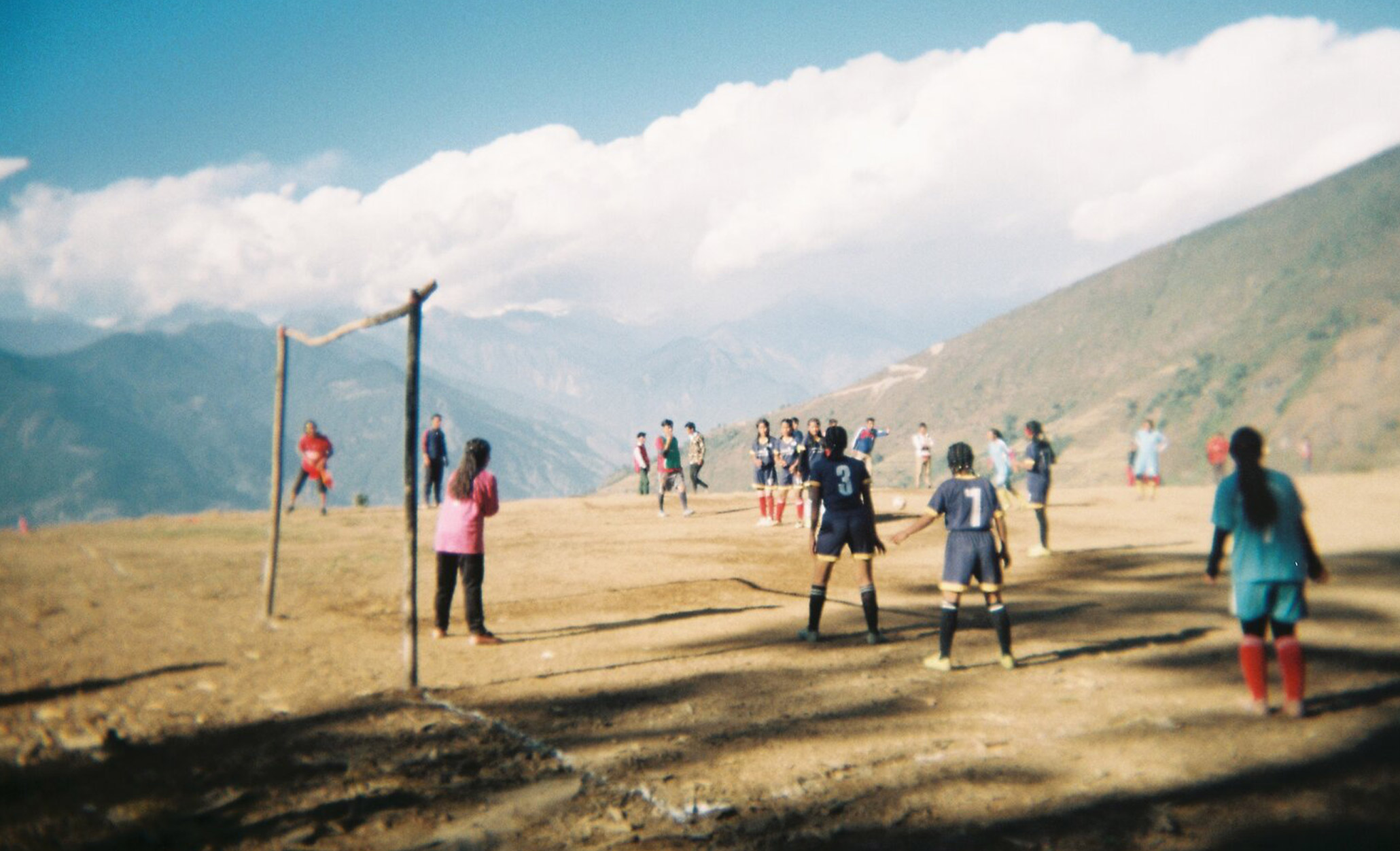
Editorial Design by Root
Click here for further information on Goal Click
